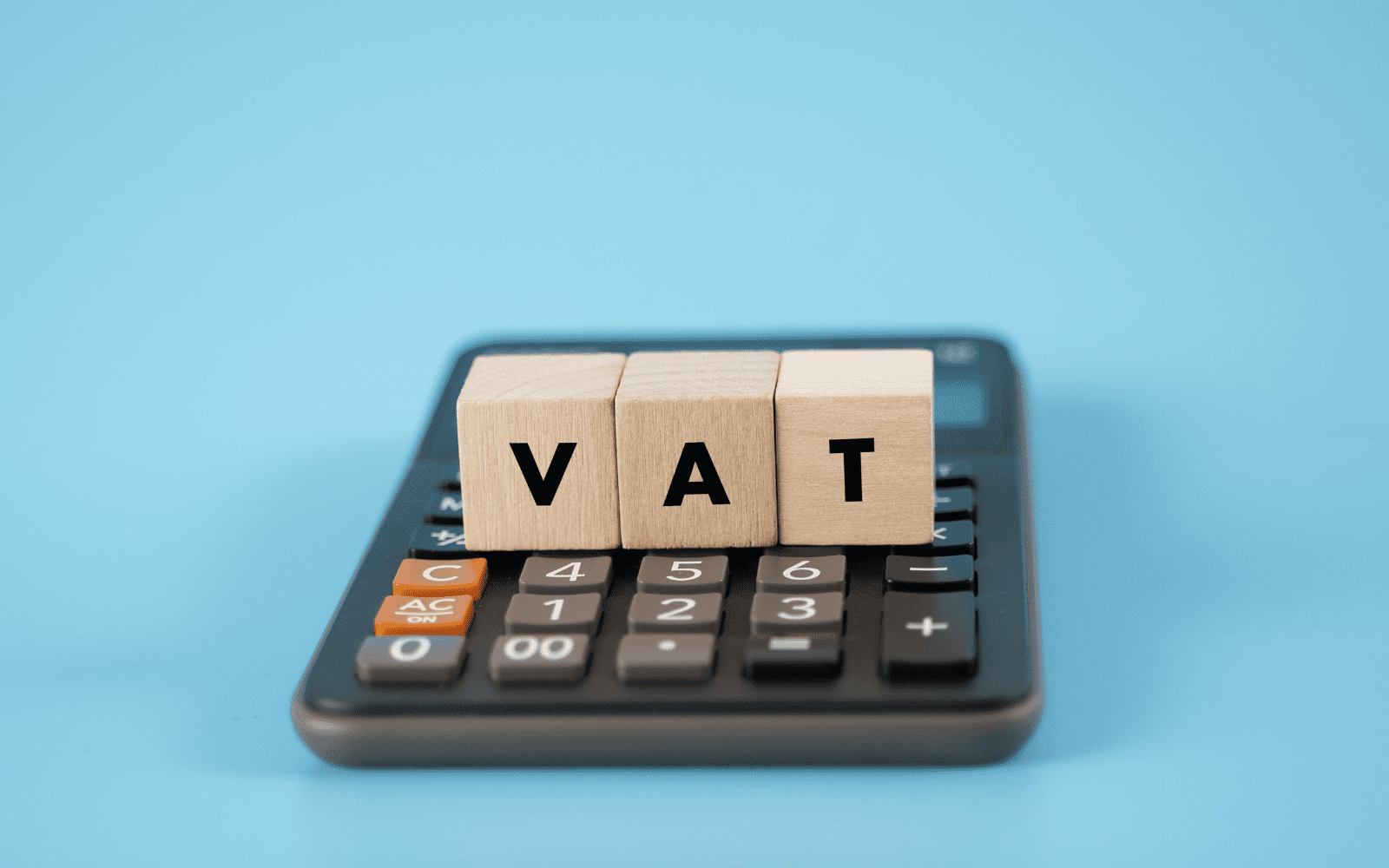COVID-19 Government Measures: Is It State Aid?

As you may know, the EU enforces internal rules preventing member states to interfere with fair competition within the Union’s businesses. These rules include those around so-called “state aid”.
These rules prohibit grants, subsidies and other types of funding awarded by the government through “selective measures” – i.e. restricted by sector, region, type of business or otherwise.
The reason for this is that such aid would distort competition within the EU.
EU state aid rules will continue to apply to the UK and will be under the European Commission’s control until the end of 2020.
Among the Government’s measures affected by these rules are those introduced as a response to the COVID-19 pandemic.
The Temporary Framework
As it became clear that Governments’ intervention was necessary in order to shelter businesses from the threats of the pandemic, the European Commission adopted a “Temporary Framework” which allows temporary state aid measures with fast-track approval.
The ‘Extended Temporary Framework’ allows state aid under the following conditions:
- The aid’s gross value stays within EUR 800,000 per each receiving business;
- The scheme under which the aid is granted has a set budget;
- The receiving business was not an ‘undertaking in difficulty’ on 31 December 2019 but entered into difficulty thereafter as a result of the coronavirus outbreak – this is particularly relevant for Bounce Back Loans;
- The aid is granted no later than 31 December 2020; and
- Certain additional specific conditions are met for the agriculture, fisheries and aquaculture sectors, which are specified in the framework.
Additional conditions apply to businesses in the agriculture, fishery and aquaculture sectors.
The CBILS was first approved under the framework. Then, on 6 April 2020, the UK was granted approval for an ‘umbrella’ scheme worth £50bn which includes most of the measures that have been announced since.
How State Aid rules apply to UK COVID-19 measures
This is how the various COVID-19 UK Government measures are considered, for State Aid purposes:
Falling under the Temporary Framework (combined cap €800,000)
- Coronavirus Business Interruption Loan Scheme (CBILS) & Coronavirus Large Business Interruption Loan Scheme (CLBILS);
- Bounce Back Loans (if ‘undertaking in difficulty’ condition is met);
- Grants under the Retail, Hospitality & Leisure Grant Fund (RHLGF);
- Small Business Grant Fund (SBGF);
- Statutory Sick Pay Rebate (CSSPRS);
For SMEs, it is quite unlikely that the combined value of these aids exceeds the threshold. However, the granting entity (banks, HMRC, local authorities…) will likely require you to complete a de minimis declaration, certifying that you haven’t exceeded the threshold.
It must be noted that, for Government-backed loans such as the CBILS and the BBLS, the amount to be considered as State Aid is calculated as the percentage of the loan amount guaranteed by the Government, plus the ‘Business Interruption Grant’ that is paid by the Government to cover the first year of interests.
Falling under de minimis State Aid
- Bounce Back Loans (if the applicant was an ‘undertaking in difficulty’ as of 31 December 2020);
- Loans under the Start-Up Loan Scheme (this is not a COVID-19 measure, but we strongly recommend it a very advantageous way of obtaining debt finance for companies trading for less than 2 years).
The de minimis State Aid threshold remains set at €200,000 worth of aid for the past three years.
Other forms of de minimis state aid include investments under the SEIS scheme, Employment Allowance and R&D Tax Credits under the SME scheme.
Not Sate Aid
- Coronavirus Job Retention Scheme (CJRS);
- HMRC Time To Pay and other tax payment deferrals;
- Business Rates relief.
We advise careful planning when receiving State Aid, in particular de minimis state aid, from multiple sources, as it could prevent your business from being eligible for other forms of aid.
The information available on this page is of a general nature and is not intended to provide specific advice to any individuals or entities. We work hard to ensure this information is accurate at the time of publishing, although there is no guarantee that such information is accurate at the time you read this. We recommend individuals and companies seek professional advice on their circumstances and matters.




